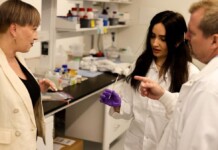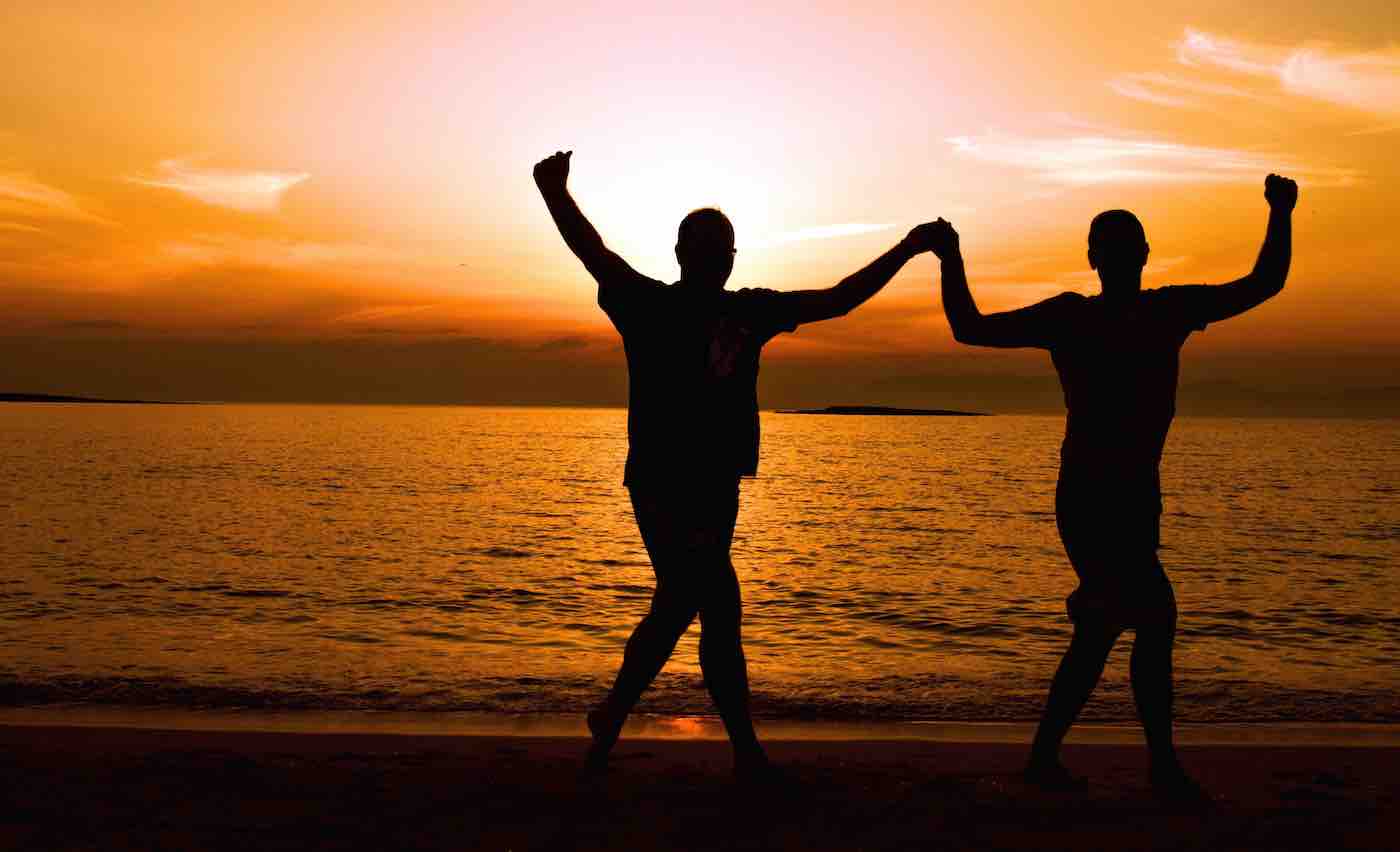“An idle mind is the devil’s playground,” the saying goes. And if you’re one of the roughly 10% of people in this country who are reportedly in recovery from drug or alcohol addiction, unattended boredom can be a trigger for relapse.
Everyone gets bored from time to time. When day-to-day life seems tedious and lackluster, a lack of motivation or creative inspiration may be the reason. There may even be a medical cause, such as an underlying diagnosis of depression that may be contributing to a general lack of interest in daily activities.
For people in recovery, these same dynamics can also be the source of boredom—or there may be other causes unique to healing from a substance use disorder. For example, whereas in active addiction a person may have become accustomed to getting “high,” in sobriety (following detox and treatment) that experience of intense and immediate, drug-induced euphoria is no longer there. The result can be a phenomenon known as “anhedonia,” which is not uncommon in recovery. Anhedonia is a psychological condition characterized by the inability to derive pleasure from normally pleasurable acts.
CHECK OUT: How Mindfulness Shattered My Pain Perception
Second, successful recovery happens gradually, over time, with the daily practice and cultivation of healthy lifestyle choices. Good sleep hygiene. A nutritious diet. Regular exercise. Mindful meditation. Weekly attendance in a recovery support group like Alcoholics Anonymous or Narcotics Anonymous. As these daily ins and outs of recovery become habitual, it’s not uncommon for them to lose their novelty and shine. Like any routine, they can grow tedious.
How, then, can you stay engaged and motivated in your recovery when boredom hits? Here are some tips to help you harness boredom in the service of personal growth and renewed enthusiasm for sober living:
- Accept and embrace your boredom. You need to be aware and accepting of what you’re feeling before you can channel it in a positive direction. When I work with clients in early recovery, we spend a lot of time getting connected to inner emotions like boredom, which can often lie outside the realm of conscious awareness. One way you can do this on your own is to spend just a few minutes daily connecting with your breath and mindfully scanning your body for any thoughts or sensations you may be experiencing. When these come, take note of them matter-of-factly and non-judgmentally. Then let your attention go back to your breath. The more attuned and even welcoming you are to your boredom, the better prepared you’ll be for addressing it constructively.
- Turn off your autopilot mode by taking periodic mindfulness breaks. If you’re bored, it may be because you have been operating on autopilot, having become so habituated to the motions of a daily recovery routine that you could do them in your sleep. What you may need is to re-awaken your five senses to the beauty and wonder of the world around you. Consider taking a periodic mindfulness break—even just one daily—to pause, breathe, engage all five senses and say “thank you” for the present moment. One of the best ways to do this is getting out in nature.
- “Do one thing every day that scares you.” I can’t think of a better cure for boredom than this recommendation from the humanitarian and former First Lady, Eleanor Roosevelt. For some of us, “one thing every day” may be too ambitious. If so, try adding just one scary new thing to your life that you can commit to for the next couple of months—and that will make you a more courageous and adventurous person. Are you terrified of public speaking? Join a Toastmaster’s club or sign up for an improv comedy class. Are you introverted and afraid to meet new people? Practice starting conversations when you’re in line at the grocery store or doing errands.
RELATED: Cop Stops Addicted Homeless Man on the Street and Changes His Life With a Book
When you embrace your boredom, practice more daily mindfulness, and do one thing that scares you, boredom can be an opportunity to reinvigorate your recovery and reinvent yourself.
Anna Ciulla is the Vice President of Clinical and Medical Services at Beach House Center for Recovery where she is responsible for designing, implementing and supervising the delivery of the latest evidence-based therapies for treating substance use disorders. Anna has a passion for helping clients with substance use and co-occurring disorders achieve successful long-term recovery.
Click To Share The Tips With Your Friends




















